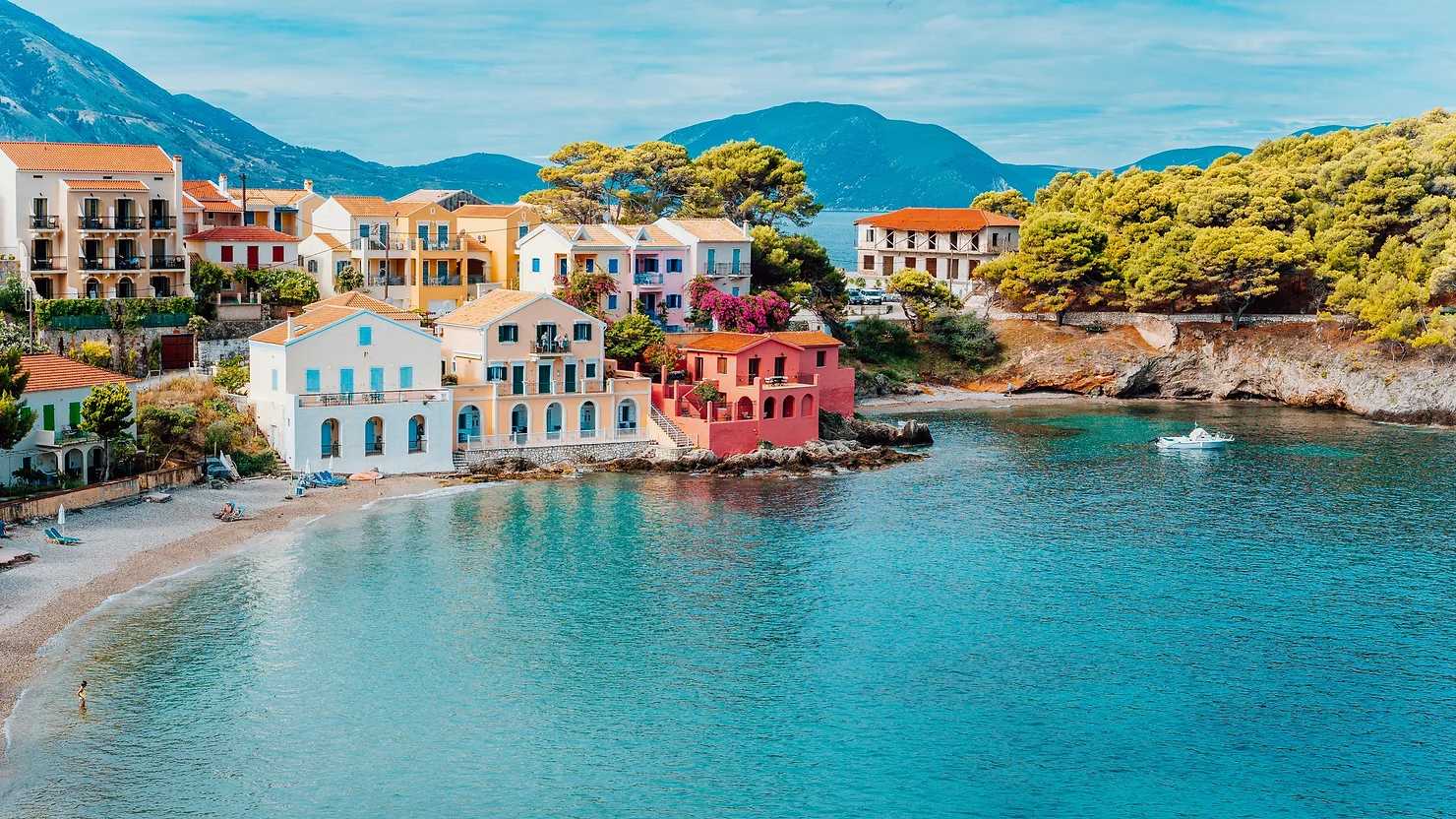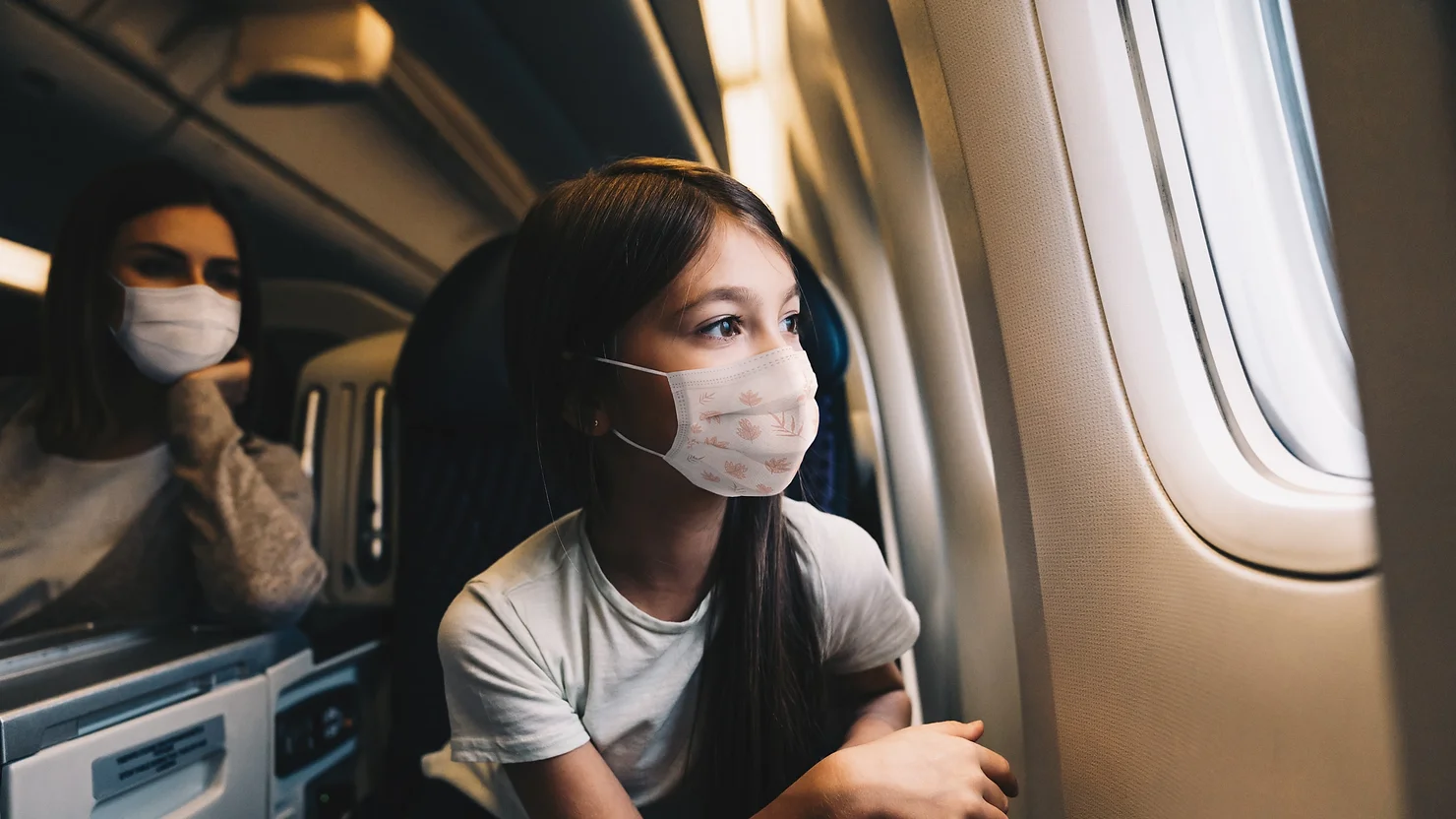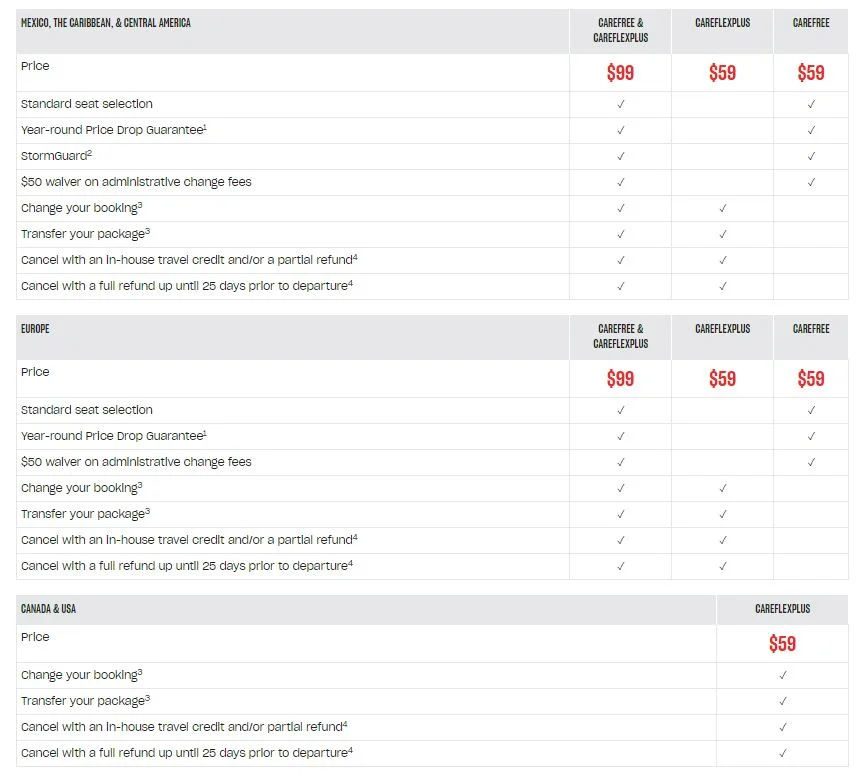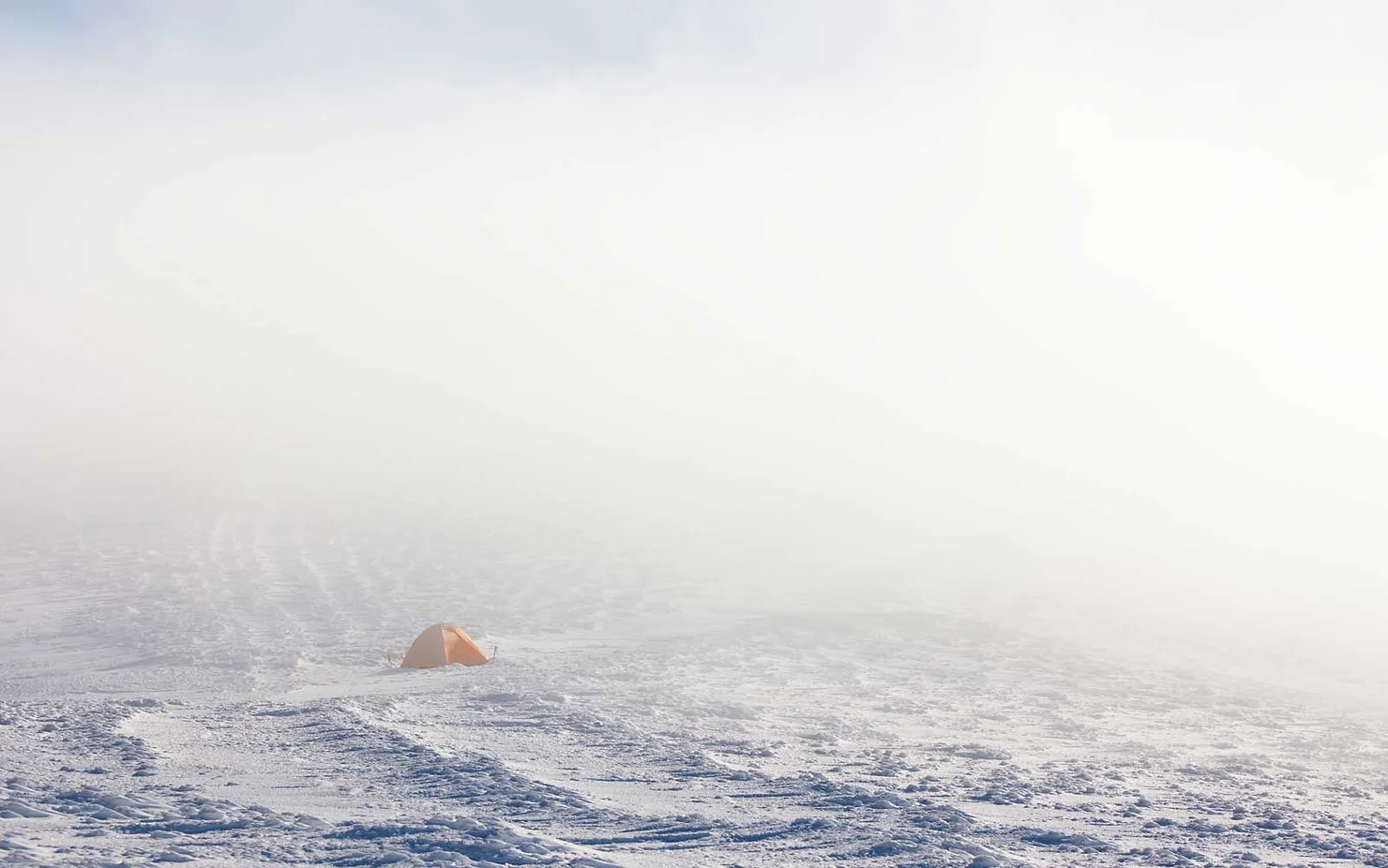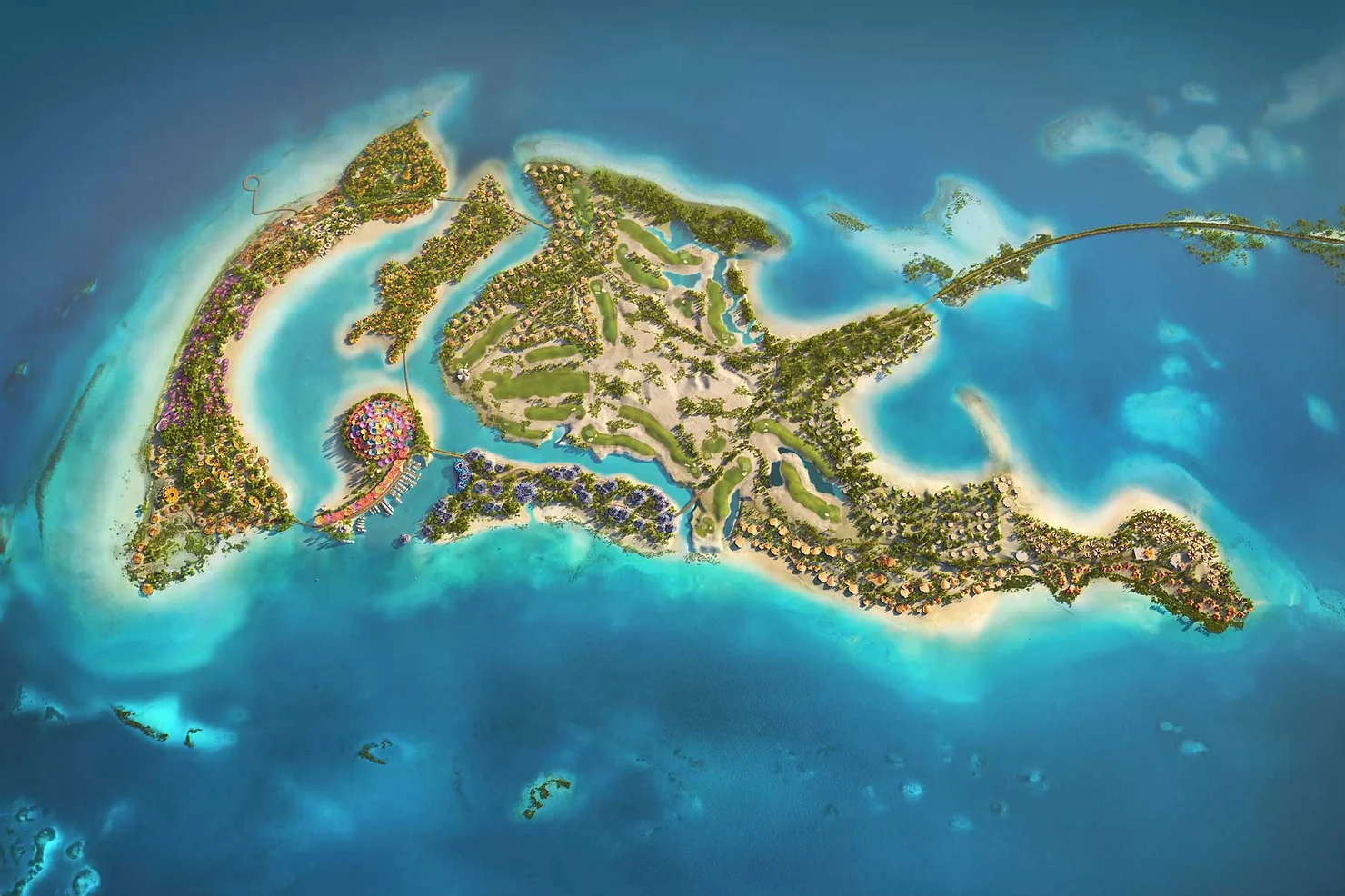Race For Space – Lots to Consider
We are all sitting somewhere reading this saying – “I do see the light but it still seems so far away!”. Most of us may feel that way but many others are getting on board and booking for late summer/fall, Xmas/New Years and March 2022 with hopes that they will be able to take the trip.
Let me tell you they are right as space is so limited and 3 years of people want to travel so start thinking about it now. Planes have limited spaces and limited flights, car rental companies sold off most of their cars to make it through the pandemic and won’t have rebought all of them anytime soon, hotels are booking with limited capacity so limited rooms.
So if your thought was – boy I’d like to travel with my parents, siblings and kids then you really should start thinking now!
But, I understand, there’s still a lot to consider before booking that trip……..
With coronavirus vaccines becoming more widely available and the Centers for Disease Control and Prevention (CDC) recently clearing fully vaccinated people for travel, many of us are eager to start planning our first post-pandemic trips. Countries are once again welcoming international visitors, too—some, with unique rules for vaccinated travelers—but there’s still a lot to consider before deciding to travel to another part of the world. For one, vaccine distribution continues to be uneven, with poorer countries receiving and administering fewer COVID-19 vaccines than wealthier countries. And though fully vaccinated travelers are largely protected from the virus themselves, it’s still not clear the extent to which they can spread the virus to others. “Once an individual or group gets vaccinated, there’s this great sense of relief that they’re protected and wanting immediately to get back to normal, but we have to recognize that other people are still vulnerable,” says Lisa Maragakis, senior director of infection prevention for the Johns Hopkins Health System. “Even though you’re protected, by traveling, you could still be a vector for spreading the virus to others. We really have a global obligation to protect each other and work together.” For those who decide to travel, health officials recommend waiting at least two weeks after becoming fully vaccinated and diligently following COVID-19 precautions like wearing masks, social distancing, hand-washing, and avoiding crowds. Fully vaccinated people do not need to self-quarantine after returning to the U.S. (unless it’s required by state or local rules), but all travelers still need a negative COVID-19 test to board flights to the U.S. The CDC also recommends vaccinated travelers getting tested three to five days after international trips. With the health and safety of local communities in mind, for now, avoid traveling to countries with high infection rates, low vaccination rates, and overwhelmed medical infrastructure—all factors that can fluctuate rapidly. The CDC regularly updates its list of travel recommendations by destination, which categorizes countries by their local COVID-19 risk level: low, moderate, high, and very high. Those considerations in mind, we’ve rounded up a few destinations that we’re looking to for post-vaccination trips. Travel guidelines continue to change, so travelers should check their destination country’s official government websites—and the CDC website—regularly before and during any trip. You may also want to consider purchasing travel insurance. In addition to rules about COVID-19 vaccination and testing, all of the below countries require travelers to follow local public health guidelines. Read on for the places to travel after your COVID vaccine.
Countries that are open to vaccinated travelers……
Seychelles
Seychelles, the small Indian Ocean nation made up of more than 100 islands off the east coast of Africa, is now open to all travelers, vaccinated and unvaccinated alike. (One exception: visitors from South Africa are still barred from entry due to the variant.) Sylvestre Radegonde, Seychelles’ tourism minister, says the country is reopening because it has successfully implemented an aggressive vaccination campaign among residents.
The country has no quarantine requirements for visitors, but is requiring a negative COVID-19 test taken within 72 hours before arrival. Seychelles also requires visitors to have travel health insurance that would cover the cost of COVID-19 care and isolation if necessary.
Iceland
Fully vaccinated and previously infected travelers from all countries can once again visit Iceland. Travelers who can show proof of vaccination or previous infection are not required to provide a negative COVID-19 test result before boarding a flight or ship to Iceland, but they are required to take a test when they arrive in the country. Once that test result comes back negative, these visitors are free to travel around Iceland.
Unvaccinated and not previously infected travelers must show proof of a negative COVID-19 test result from within 72 hours of departure to Iceland, take a test upon arrival, quarantine for five to six days, then take another test that produces a negative result before they can travel freely around the country. Visitors from certain high-risk countries must stay in specific government-run facilities for their five- to six-day quarantine after arriving.
Belize
Belize’s borders are now wide open. Travelers to this Caribbean nation, located on the eastern coast of Central America, must bring their official COVID vaccine card showing that they’ve been fully vaccinated for at least two weeks, or show proof of a negative COVID-19 test taken within 96 hours of arrival (48 hours for a rapid test). Visitors can also take a COVID-19 test after arriving at the airport for $50.
Georgia
Georgia is now open to fully vaccinated citizens of many countries, including the U.S., so long as they are arriving by air (the country is still barring entry via land or sea). Travelers must fly directly to Georgia from an approved country. Unvaccinated travelers must have a negative COVID-19 test taken within 72 hours of arrival, and are required to take a follow-up test on their third day in the country. Georgia requires a 12-day quarantine period for all visitors who have traveled through the U.K. within two weeks of arrival.
Ecuador
Fully vaccinated travelers can now visit Ecuador. The country is also open to unvaccinated travelers with a negative COVID-19 test taken up to three days before arrival, as well as travelers previously diagnosed with COVID-19 (so long as a month has passed since they first developed symptoms). Travelers are not required to quarantine after arriving in Ecuador.
To visit the Galápagos Islands, all international travelers must present a negative COVID-19 test taken within 96 hours before arrival. This can be the same test used to enter Ecuador, if it falls within the 96-hour window. If not, travelers must take a second test on mainland Ecuador, then wait for results before traveling on to the Galápagos Islands.
Guatemala
With a few exceptions, Guatemala is open to travelers who became fully vaccinated at least two weeks prior to arrival. The Central American country is also open to visitors with a negative COVID-19 test taken within 72 hours prior to arrival, as well as those who have recovered from the virus within the last three months. The U.S. Embassy warns that anyone who has visited the U.K. or South Africa two weeks before arriving in Guatemala may be refused entry or may be required to quarantine.
Croatia
Croatia is now open to fully vaccinated travelers, as well as previously infected travelers and those who can show a negative COVID-19 test result from within 48 hours of arrival. Visitors are also permitted to enter Croatia if they take a COVID-19 test immediately upon arrival, then isolate until a negative result comes back; travelers who cannot get a test upon arrival must self-isolate for 10 days.
Travelers coming from an approved list of low-risk countries can enter Croatia without any requirements or restrictions, as long as they do not have symptoms and have not been in close contact with an infected person.
All tourists must also show proof that they have paid for their accommodations in advance.
Montenegro
Fully vaccinated travelers from certain countries, including the U.S., are now welcome in Montenegro. In addition to travelers with proof that they’ve been fully vaccinated for at least seven days, the country is also open to visitors with a negative COVID-19 test that’s less than 72 hours old. The country’s borders are open, without restriction, to travelers from low-risk countries (visit the government’s site for details).
Greece
Greece plans to welcome fully vaccinated tourists and other foreign visitors with coronavirus antibodies or negative test results just in time for summer travel.
The country hopes to officially roll out its welcome mat on May 14, Reuters reported. That’s just a few days before May 17, the earliest date at which the U.K. said it may allow residents to resume international travel.
Israel
Israel will open its borders to fully vaccinated travelers starting May 23, according to the Israel Ministry of Tourism. At first, select tour groups will be allowed to visit. In July, the country expects to open to individual travelers.
All visitors to Israel will be required to undergo a COVID-19 PCR test before boarding a flight as well as undergo an antibody test “to prove their vaccination upon arrival at Ben Gurion Airport.”
BY SARAH KUTA – April 9, 2021 – Conde Nast Traveler
——————————————————————————————————————
Can We Take a Family Vacation If Our Kids Haven’t Received the COVID-19 Vaccine Yet?
Kathleen Porter Kristiansen, an American living in London, likes to practice “flying” in the living room with her sons, 3 and 5, before a trip. She pulls out the ride-on suitcases that they use to zip around airports, grabs iPads and snacks, and tells them to imagine they’re cruising at 30,000 feet. This year, however, the game has shifted, and now involves wearing a mask for as long as they want to pretend being on the airplane. The boys have gotten good at masking up for hours on end, but Kristiansen, who runs the website Triple Passport, still worries. She hopes to take her family to a wedding in Mammoth, California, this July, but the prospect of getting there—particularly the connecting flights in the U.S. where passengers can be squeezed together—is keeping her up at night. “I just picture us crammed into a flight within the United States and honestly I’m scared,” she says. “What if my three-year-old won’t wear his mask?” She and her husband will be vaccinated against COVID-19, but it will still be many months before there is a pediatric vaccine available for her boys. Traveling around the U.S., she knows, presents a different risk of exposure for her children than it does for vaccinated adults. Kristiansen is not alone in her concerns. One in three American adults has now received at least one jab of the COVID-19 vaccine. But for those adults who have children, there’s a conundrum: Is it safe to travel around the U.S. before the kids can be vaccinated, too? Much of the answer, says Jessica Malaty Rivera, an infectious disease epidemiologist and science communication lead at the Covid Tracking Project, depends on the destination. “There’s a huge equity factor when it comes to travel,” she says. “What does access to vaccines look like in the destination you want to visit?” The good news, according to Rivera, is that not only are children not considered high-risk for infection from COVID, they are not considered high-risk for transmitting the virus, either. But before traveling this summer, everyone—both families with kids and fully vaccinated individuals—needs to consider how well-vaccinated the public is in the place they want to go. “You make a lot of assumptions about healthcare infrastructure and people’s health when you get on a plane,” she says. “But if you’re going from one community where most people are vaccinated, to another community where most people are vaccinated, you can do that relatively safely.” There’s one easy shift parents can make to dial down the risk, says Dr. Ilan Shapiro, a Los Angeles-based pediatrician. The “bubble” or “pod,” which helped many families ride out the darkest months of the pandemic, should stay in effect when you hit the road as well.
“The more contact we have with people, the higher the probability of sharing or getting the COVID-19 virus,” he says. “So rent a villa instead of a hotel, or if its a hotel pick a smaller one. Limit the amount of touch points with other people.” Above all, until there is a pediatric vaccine, caution is key—particularly when you don’t know most of the people around you. To play it safe, Kristiansen decided to book direct flights from London to San Francisco, skipping a long-awaited stop in her hometown in Maine. Her family will drive from San Francisco International Airport to Mammoth, but only after quarantining while they wait for the results of COVID rapid tests. Pending negative tests, they’ll head to Mammoth, where they plan to stick to their COVID precautions: lots of mask-wearing, lots of hand-washing, and trying to prevent the amount of time their kids spend indoors with new people, without masks.
As for getting her children to wear their masks without a struggle, there’s no straightforward answer. But there are a few things that can make it easier: experts recommend introducing mask-wearing to children in small increments, slowly building up the amount of time they spend wearing them, just as Kristiansen has been doing during the family’s “flights” in the living room. Making it fun—by letting your child choose from a selection of playful designs or decorate them with stickers—can go a long way, too.
And remember: No matter where you travel with your children, it’s important for both their mental and physical health to spend lots of time outside. When Kristiansen’s kids want to play with any new friends they might meet at the wedding, her plan is not to fight it, but rather just send them into the fresh air, where transmission is much less likely. “We plan to be mindful and mostly stay outside when the kids play,” she says. “And the bride has assured me that most of the guests will be vaccinated.”
BY DEBRA KAMIN – April 8, 2021 – Conde Nast Traveler
If you are thinking about travel here is an example of what Air Canada Vacations is offering if you book a package. All to say, tour operators are trying to make it easier for you to put a deposit down now, but not fully commit till more information is out there at the end of the summer.
If you put your deposit down now – you can cancel upto 45days prior to departure for a full refund!
SPECIAL OFFER! Until June 30, get our combined CareFlexPlus and CareFree protection plans for FREE! Book between: March 1 and June 30, 2021 Travel between: November 1, 2021 and April 30, 2022 Applicable to: Select vacation packages to Mexico, the Caribbean and Central America
Terms and Conditions
Only applicable to new bookings of select vacations packages to Mexico, the Caribbean, Central America, made between March 1, 2021 and June 30, 2021, for departures between November 1, 2021 and April 30, 2022. The CareCombo Plus (CareFlexPlus & CareFree) travel protection at $0 is not applicable for departures between December 19, 2021 and January 5, 2022, the standard price of $119 per person applies for departures during these dates. Not applicable to group bookings or cruise bookings. The CareCombo Plus (CareFlexPlus & CareFree) travel protection plan at $0 must be added at time of booking by all passengers sharing a room accommodation. Both travel protections must be added at the same time as a combo package. The same terms & conditions of the CareFree and CareFlexPlus apply. Please view full terms and conditions for each protection plan below for more details. This Offer expires at 11:59 p.m. ET on June 30, 2021.
PLAN COVERAGE AND PRICES PER DESTINATION Our exclusive travel protection plans let you book vacations with flexibility and peace of mind.
The trusted CAREFREE plan makes travelling less stressful so you can focus on having a perfect vacation.
The CAREFLEXPLUS plan provides you with greater flexibility by allowing you to change your booking, transfer your package and cancel your reservation with a full refund up until 25 days prior to departure.
Add travel protection plans to your booking and rest assured that we’ve got you covered should the unexpected happen.

